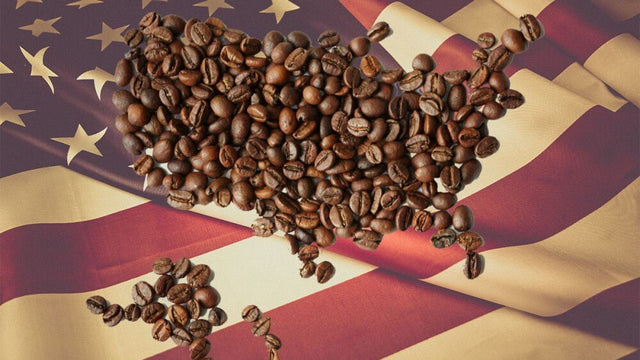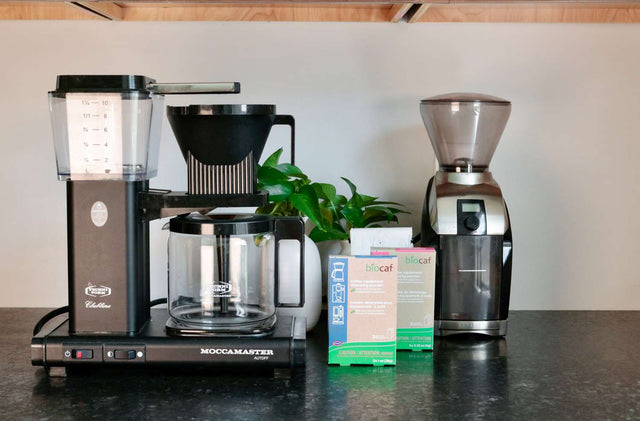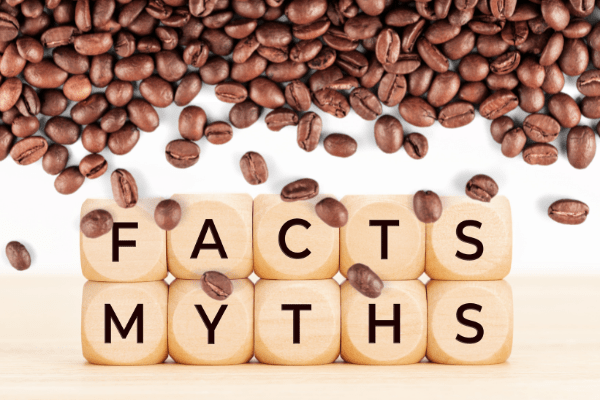You’ve heard them from your colleagues and parents, or maybe you’ve drawn those conclusions yourself since they seemed logical, but… are they?
Today we’re debunking coffee myths so that you can show off your coffee knowledge the next time you brew a pot for someone.
1. ESPRESSO HAS MORE CAFFEINE THAN FILTER COFFEE
Don’t get us wrong: espresso is definitely stronger than filtered coffee because it’s more concentrated, but it’s still tiny. The truth is that you actually get less caffeine with an espresso, simply because you use fewer grounds to make it.
2. COFFEE IS MADE WITH BOILING WATER
As crazy as it might sound if you’re used to scorching your grounds with freshly boiled water, that’s not the right temperature. Unless you’re after an over-extracted, bitter joe, that is! The truth is that for the best results, it should be 195-205°F (90-96°C).
3. DARK ROASTS HAVE MORE CAFFEINE
We can see why you’d think that darker means stronger when it comes to coffee beans, but caffeine levels aren’t actually affected by the roasting process. The truth is that because light roasts are denser, they have more caffeine if you measure beans by scoops. Darker roasts have a smaller mass so, when measuring by weight, they’ll have more.
4. MID-AFTERNOON COFFEE RESULTS IN SLEEPINESS
Know of that person who can drink a cup of coffee just before bed and fall asleep fine? Or the person that drinks a cup in the afternoon then can't fall asleep? This, however, is probably subconsciously self-induced. The truth is that your body processes coffee within 4-7 hours, so an afternoon coffee won't affect your sleep.
5. THERE’S NO CAFFEINE IN DECAF
Removing all traces of caffeine from beans is basically impossible.
However, don't panic, because decaf has so little caffeine, that your body won't feel it's effects! In fact, you would have to drink around 8 cups of decaf coffee to reach the same amount of caffeine levels as a traditional brew. The truth is, decaf coffee is at least 97% caffeine-free.
More stories

The Most Caffeinated States in the United States

